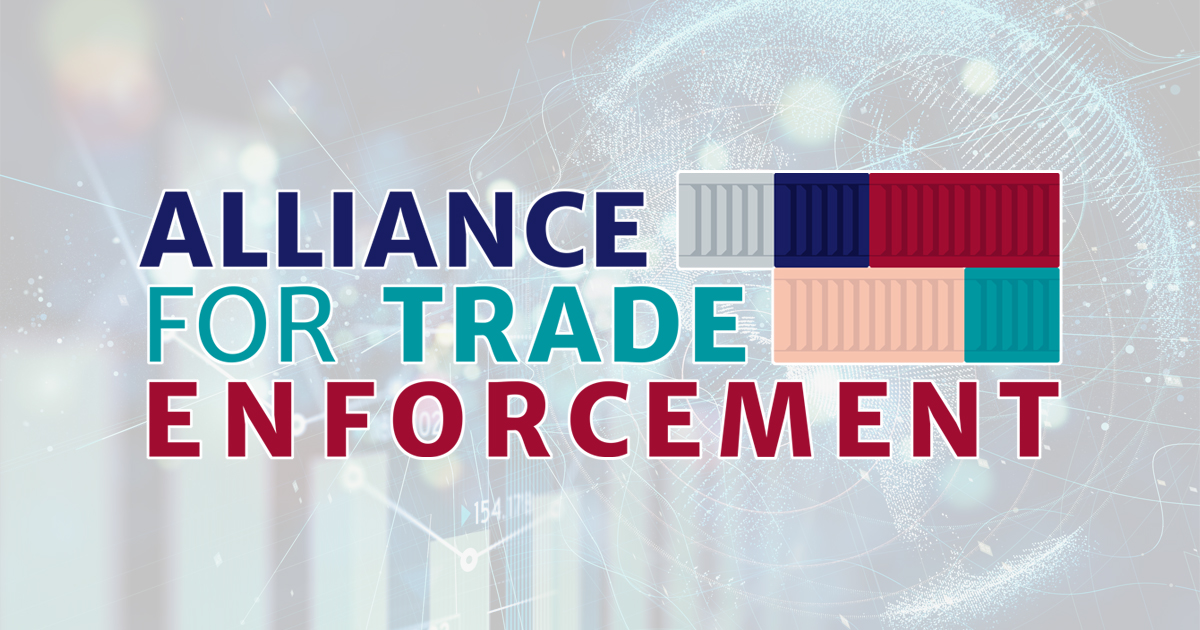|
WORLD TRADE ORGANIZATION SUSPENDS IP PROTECTIONS FOR COVID-19 VACCINES
On June 17, all 164 members of the World Trade Organization — including the United States — agreed to suspend important intellectual property protections on Covid-19 vaccines for five years. The deal releases developing-country members from certain obligations under the TRIPS Agreement, loosening rules on when they can seize a patent without the rights holder’s consent.
Early drafts of the deal would have barred China — counted as “developing” under WTO rules — from taking advantage of the patent grab, based on its massive vaccine manufacturing capability. Unfortunately, the final agreement weakened those provisions and instead “encourage[s]” developing countries “to make a binding commitment not to avail themselves of this Decision.”
China has said it won’t use the deal to suspend TRIPS. But given its track record of ignoring trade rules, there’s no reason to think it will abide by this commitment, especially given that the agreement’s ambiguous language includes no means of enforcement. There’s now nothing to stop Beijing from seizing the valuable mRNA technology behind U.S.-developed Covid-19 shots.
But even worse, within six months, WTO members will decide whether to extend the waiver to include treatments and diagnostic tools, and they are already facing pressure from activists to act quickly to give away this critical technology. The recent WTO decision has done enough damage already — extending the waiver further will only deepen distrust in global IP protections.
No one actually thinks the waiver agreement will get more people vaccinated. Even India, an original sponsor of the waiver, has admitted that “vaccines have already lost relevance… There is no demand for vaccines anymore.” That’s because the world is awash in Covid-19 vaccine doses, and low inoculation rates in developing countries are due to problems IP rules can’t fix — like lack of infrastructure. By endorsing the IP waiver, the Biden administration is indulging harmful politics over serious and much-needed leadership in global policymaking. This decision is harming U.S. business and chilling investment in biopharmaceutical research — which will ultimately hurt global health.
MEXICO STILL VIOLATING THE USMCA AT TWO-YEAR ANNIVERSARY
The United States-Mexico-Canada Agreement turns two years old today, but American companies doing business with Mexico may not feel like celebrating. That’s because the Mexican government has taken a slew of steps to obstruct foreign trading partners’ ability to operate in Mexico, in violation of USMCA commitments.
For example, Mexico has yet to implement regulations to bring its intellectual property (IP) regime into full compliance with USMCA obligations, despite amending its IP law nearly two years ago. These regulations include important patent and other commitments with major implications for American biopharmaceutical jobs and medical innovation.
In April, President Andrés Manuel López Obrador proposed a bill to nationalize lithium deposits, a key ingredient in electric-vehicle batteries. The new law throws current mining contracts into limbo and blocks foreign and even private domestic investors from entering the market. It’s the latest development in a long-term plan to nationalize energy. Since taking office in 2018, López Obrador has sought to demolish the private electricity sector and push foreign investment out of the oil industry through policy and legislative changes.
And this spring, Mexico passed a law banning the unauthorized use of indigenous art and design. While intended to protect native groups from cultural appropriation, the law is ambiguous, failing to define central concepts like what qualifies as a “cultural creation” and who would have the right to authorize use.
In short, the Mexican government is violating USMCA on many fronts, either blocking imports directly or creating so much unpredictability that trade becomes impossible. Some five million U.S. jobs depend on trade with Mexico — our largest goods trading partner — not to mention billions of dollars in economic output. The USTR needs to pressure our southern neighbor to abide by its trade commitments.
|


